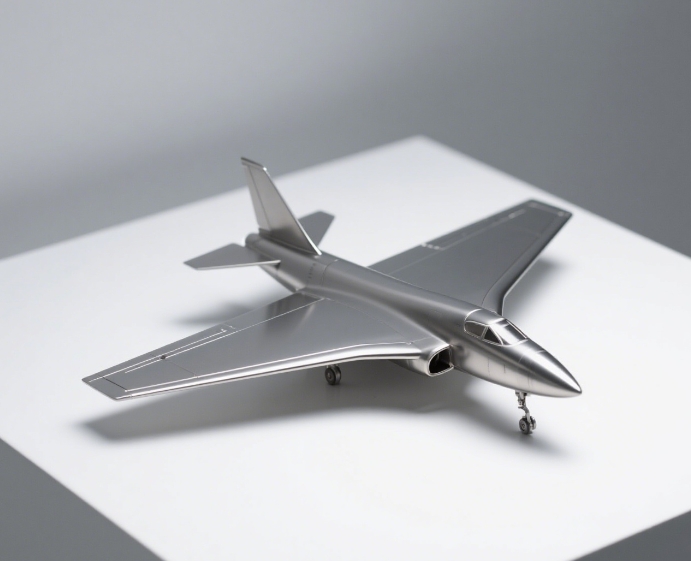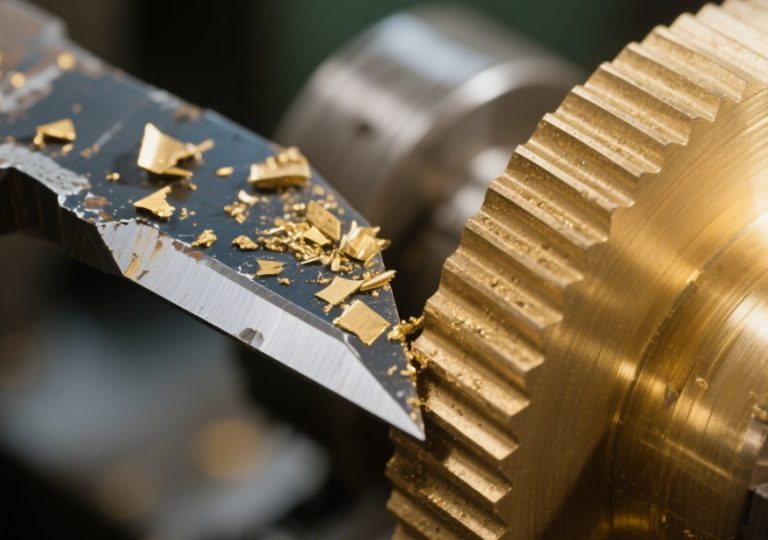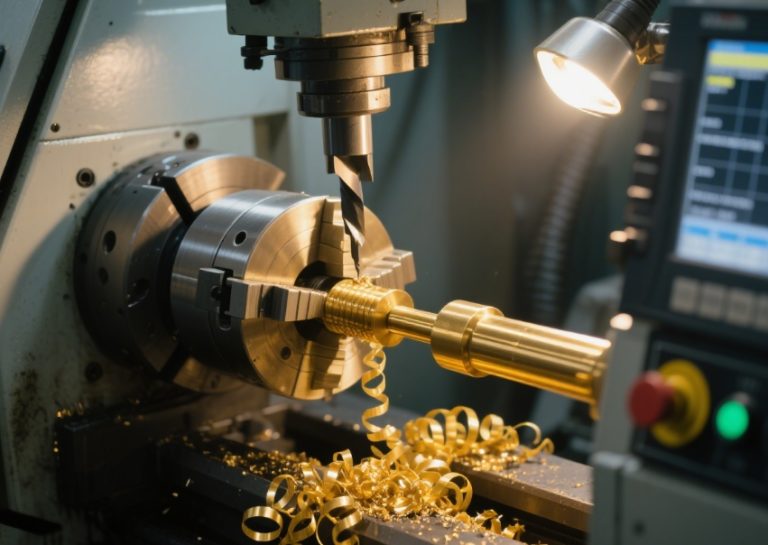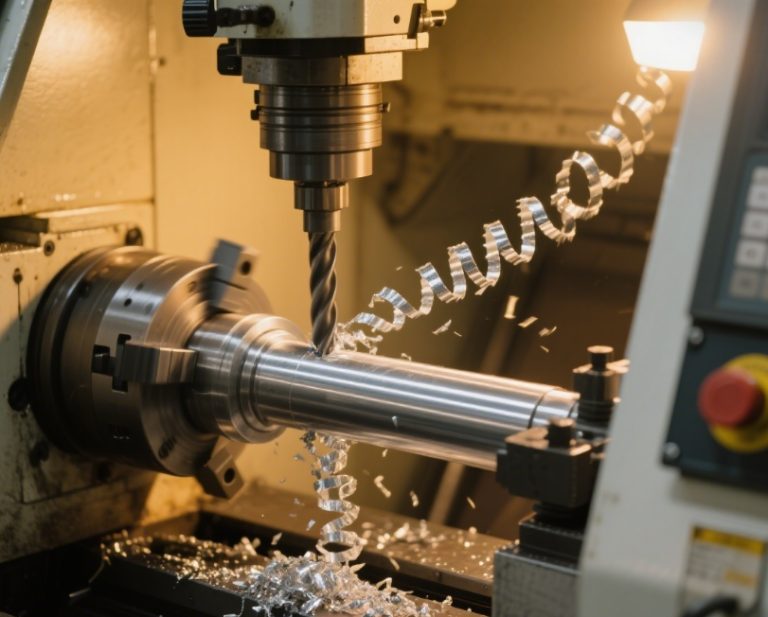What kind of materials can be CNC machined?
In the realm of precision manufacturing, Computer Numerical Control (CNC) machining has emerged as a versatile and powerful technique. One common question that often arises is “What kind of materials…

In the realm of precision manufacturing, Computer Numerical Control (CNC) machining has emerged as a versatile and powerful technique. One common question that often arises is “What kind of materials…

In the intricate world of precision manufacturing, CNC machining centers stand as technological marvels, capable of producing highly accurate and complex components with remarkable efficiency. When exploring the fundamental building…

Core Cognition: CNC Machined Components—Beyond “Machined Parts” When you charge an electric vehicle, undergo robotic surgery, or fly on a modern airliner, you’re relying on CNC machined components. But what…

CNC parts machining service refers to a manufacturing process where computer-numerical control (CNC) machines precisely cut, shape, and finish raw materials (such as metals, plastics, or composites) into custom parts….

Aluminum prototype machining refers to the process of rapidly manufacturing product prototype parts using aluminum alloys as raw materials through CNC milling, turning, or five-axis machining. Its core is transforming…

CNC prototype machined parts are product prototype components manufactured through Computer Numerical Control (CNC) technology, used to verify design feasibility in the product development stage. The core process involves transforming…

CNC rapid prototype machining (Computer Numerical Control Rapid Prototype Machining) is a technology that uses a computer numerical control system to drive machine tools, transforming 3D CAD models into physical…

Answer:CNC milling (Computer Numerical Control) automatically controls the movement of the cutting tool through a computer program, eliminating the need for continuous manual operation. It can achieve high – precision…

Answer:A “milling cutter” is a general term for cutting tools used in milling operations, encompassing various types. An “end mill” is one type of milling cutter. The core difference is…

Answer: CNC turning and CNC milling are two different CNC machining processes. In turning, the workpiece rotates through the spindle, and the tool moves linearly to cut rotary parts such…